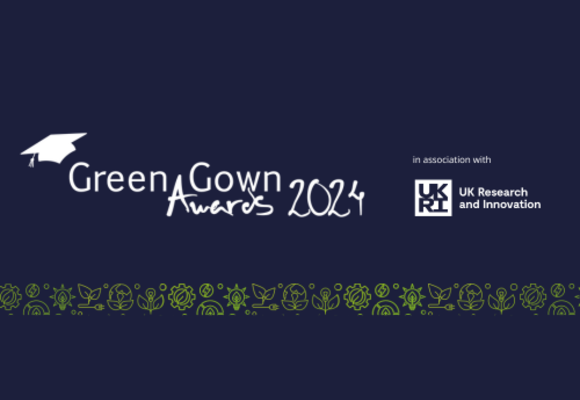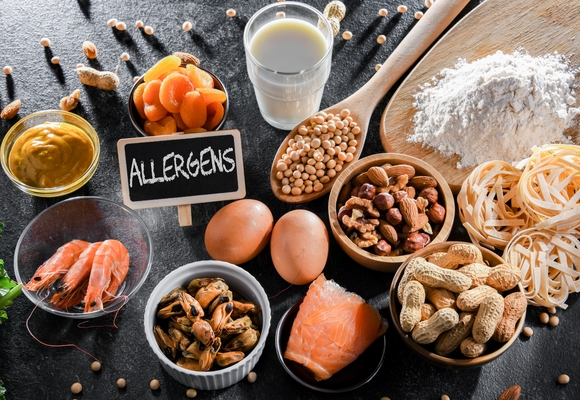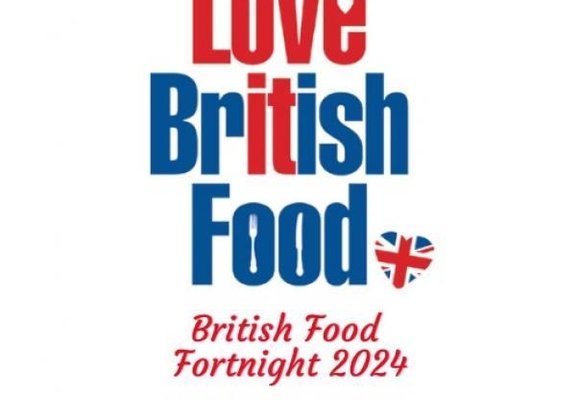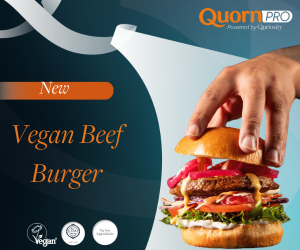- Global food waste report names the UK an exemplar in the growing challenge to hit Sustainable Development Goal 12.3, as Food Waste Reduction Roadmap exceeds 210 businesses.
- More than 60 businesses publicly report food surplus and waste data today, including 54 Tesco suppliers and international growers.
- Sainsbury’s and Waitrose begin first Whole Chain Projects to tackle supply chain food waste under UK Food Waste Reduction Roadmap.
- Burger King UK, McDonald’s UK and Pret A Manger join Roadmap, and new hospitality pilot to inspire food waste champions across the country.
- Latest comparable data shows around 180,000t of food (worth £300 million) saved from becoming waste by Roadmap members.
Retailers feature prominently, with Tesco - the first retailer to invite its suppliers to adopt the Target-Measure-Act approach to food waste in 2017, expanding its scope geographically along its supply chain. Today, 54 UK Tesco suppliers share food waste data publicly, including a number overseas. Sainsbury’s and Waitrose have become the first retailers to begin new Whole Chain Projects under the Roadmap guidance. This programme is the next major stage in the Roadmap and involves businesses working together across the supply chain, from farm-factory-warehouse-store to identify ways to reduce food waste at each. Whilst elsewhere on the high-street, the hospitality and food service sector has seen big names join the Roadmap despite the disruption of lockdown, with Burger King UK, McDonald’s UK and Pret A Manger joining.
The UK’s Food Waste Reduction Roadmap and its strategy of Target-Measure-Act is one of the initiatives that prompted the Champions 12.3 coalition to name the UK an “exemplar” country in its global progress report on Sustainable Development Goal 12.3 (SDG 12.3), published today in New York. In its report, the influential Champions 12.3 coalition will warn that global food waste efforts remain ‘woefully behind’ where they should be to halve food loss and waste by 2030. The group points to the work done in the UK and the Netherlands as examples of what can be achieved through a Target-Measure-Act approach.
Marcus Gover, WRAP CEO and Champion 12.3 said, “In January we reported that the UK was mid-way to completing its part in SDG12.3. Despite huge disruptions to the supply chain since then, food waste has remained a priority for most food and drink businesses and the Roadmap has become a blueprint towards our Courtauld 2025 targets, and the global goal.
“We must prevent a further 1.8 million tonnes of food from going to waste by 2030. Most from our homes, but more than half a million tonnes through the further actions of retail, manufacturing and hospitality and food service businesses. We need around 400 more food businesses to commit to the Roadmap and Target-Measure-Act. It’s also important that more businesses publish their data and insights, to help accelerate the collective effort. The rest of the world is looking to the UK to continue to lead the way, and the stakes are too high in terms of the environmental, economic and social costs of food waste for us to fail.”
Susan Barratt, CEO of IGD, said: “The food we produce and consume to sustain us is also one of the biggest contributors to climate change. The COVID-19 pandemic has brought the issue of food waste sharply into focus for our industry, which will need to manage resources even more efficiently in the future.
“I’m delighted that the Food Waste Reduction Roadmap has continued to make significant progress in 2020. We have seen the number of companies pledging their support to the roadmap increase, with some big new names on board. Against the hugely challenging backdrop of the last few months, this is no mean feat – and shows how businesses understand the need to keep building resilience into their DNA. The future looks set to remain challenging; yet our work on the critical issue of food waste must continue apace.”
The Food Waste Reduction Roadmap is the only nation-wide programme operating from field to fork anywhere in the world. Since its launch in 2018 the number of participating organisations has more than doubled to around 260, with food businesses numbering over 210. This year more small and medium-sized enterprises have joined, with Joseph Robertson, Stockan’s Oatcakes and Bute Island Foods submitting data, and growing ranks of supporters include businesses such as Veolia, Suez and Biffa.
Implementing Target-Measure-Act has helped food businesses respond to Covid-19 by bringing greater transparency on the levels of surplus and food waste arising, and ensuring that as much quality surplus food as possible can be redistributed, not wasted. The report from WRAP and IGD comes ahead of the Government’s expected consultation on mandatory public reporting of food waste by businesses - set to resume later this year. WRAP is working closely with policy makers to ensure new regulations are aligned and informed by the Roadmap and its resources.
- Retail - Tesco was the first retailer to invite its suppliers to adopt the Target, Measure Act approach in 2017, and this year the scope of the coverage has expanded both geographically and back along the supply chain. Today 54 UK Tesco suppliers have shared their food waste data publicly. Sainsbury’s and Waitrose are the first retailers to spearhead new Roadmap Whole Chain Projects with their suppliers. This new programme is the next major stage in the Roadmap and involves businesses working together across the supply chain, from farm-factory-warehouse-store to identify ways to reduce food waste at each. The target is for 50 projects by the end of 2022, and WRAP today unveils a new Whole Chain Project Toolkit to enable others to begin at speed. The organisation is talking with more retailers and suppliers to develop similar projects in key sectors.
- Five retailers have published comparable data, revealing that between them they’ve prevented over 20,000 tonnes of food waste a year, compared to their baselines. This represents an average 15% reduction, and over £60 million of food saved.
- Production and Manufacture - Around 80% of producers and manufacturers committed to the Roadmap show evidence of implementing Target-Measure-Act, representing a third of the sector. Producers and manufacturers with comparable historical data have shown a reduction in food waste of around 160,000 tonnes, saving food worth £240 million.
- A wide range of innovations have been employed this year, including developing new products from materials with no previous end market, improving processes and staff training, and working with customers to optimise ordering specifications. These are detailed in a series of new case studies showing how businesses can make significant progress, often at little cost.
- Primary production - This year more focus is put on measuring food loss and waste in primary production, with practical guidance produced following pilots by WRAP. Since the launch of the grower guidance in March, more businesses have begun measuring waste through this season both in the UK and internationally.
- Hospitality & food service - 2020 has been particularly challenging for the sector, with COVID-19 causing urgent redistribution of surplus food and new business operating models. Despite this, the number of businesses committing to the Roadmap rose to 36. New businesses making the commitment include the major restaurant chains Burger King UK, McDonald's UK and Pret A Manger.
- Building on the Guardians of Grub campaign, WRAP is piloting a new online learning course to help businesses minimise food waste. Guardians of Grub: Becoming a Champion is a practical online course designed to help the sector use tools and techniques to build competence and confidence to reduce food waste. It is being developed with the assistance of UK hospitality and food service businesses and trade bodies operating as part of an Advisor Group.
Environment Minister Rebecca Pow said, “Reducing food waste is a hugely important part of making both our food industry and wider society more sustainable, and it lies at the heart of this government’s goal to recycle, reduce and reuse more of our resources.
“The Food Waste Reduction Roadmap is an integral part of this effort, and I commend WRAP, IGD and the Roadmap’s signatories for such sterling efforts during what has been a very challenging year. Many food businesses are also demonstrating how innovative and effective they can be to tackle this serious issue.
“With this progress report we can look forward to next year when we will go even further and faster to reduce food waste across the country, from farm to fork.”
Government Food Waste Champion Ben Elliot said: “It is an environmental imperative that we reduce food waste to stop the needless waste of resources, energy and water used to make our food, as well as the time, skill and dedication that goes into growing, making and serving it.
“As a nation we’ve made excellent progress in tackling food waste, but there’s more we need to do, both in the food sector and as individuals in our daily lives.
“I urge all businesses to commit to the Food Waste Reduction Roadmap and the principles of Targeting, Measuring and Acting so that we can go even further to tackle food waste.”
If the subject raised in this article is of interest to you, we also discuss it in some other parts of the website.











